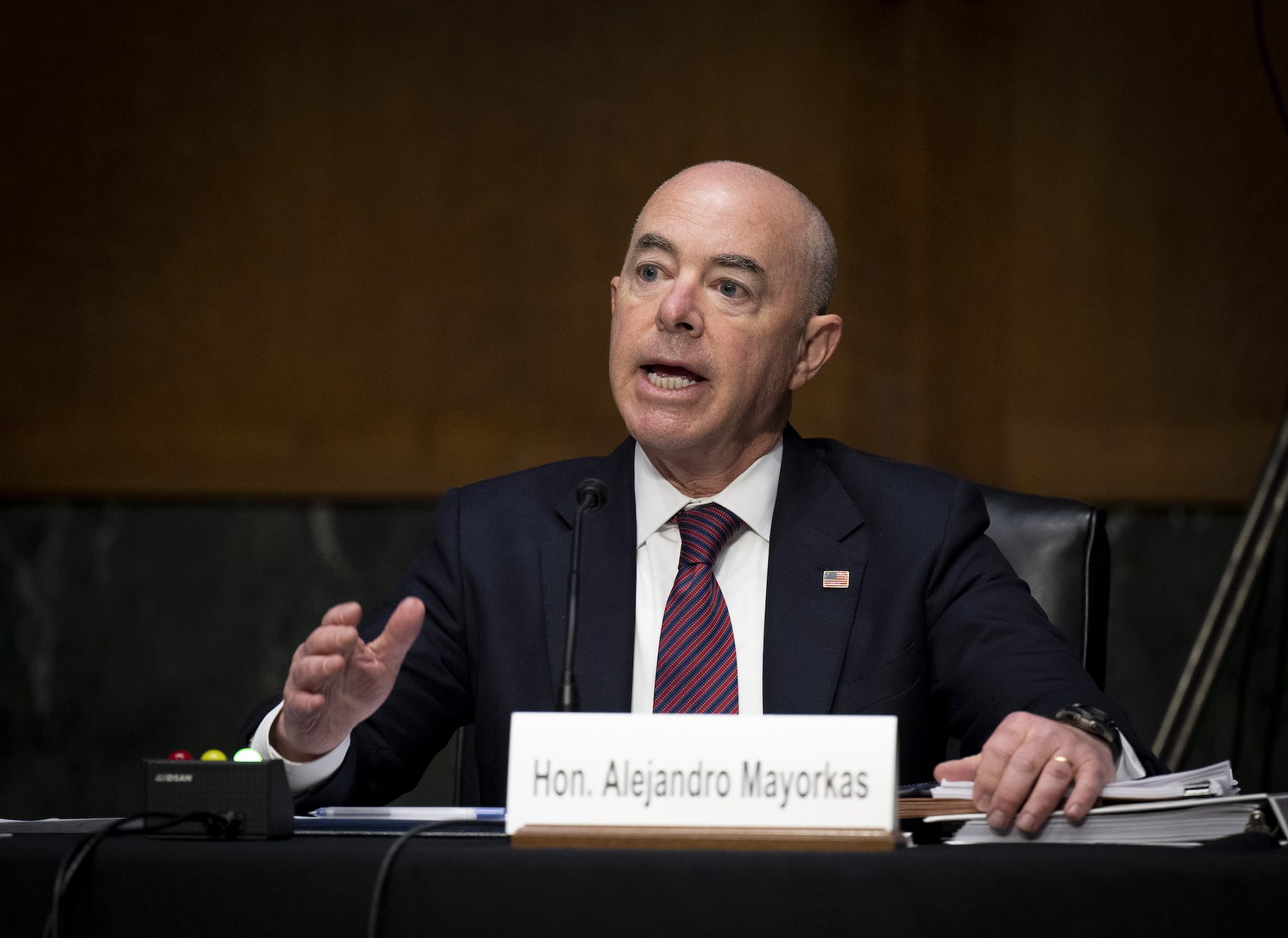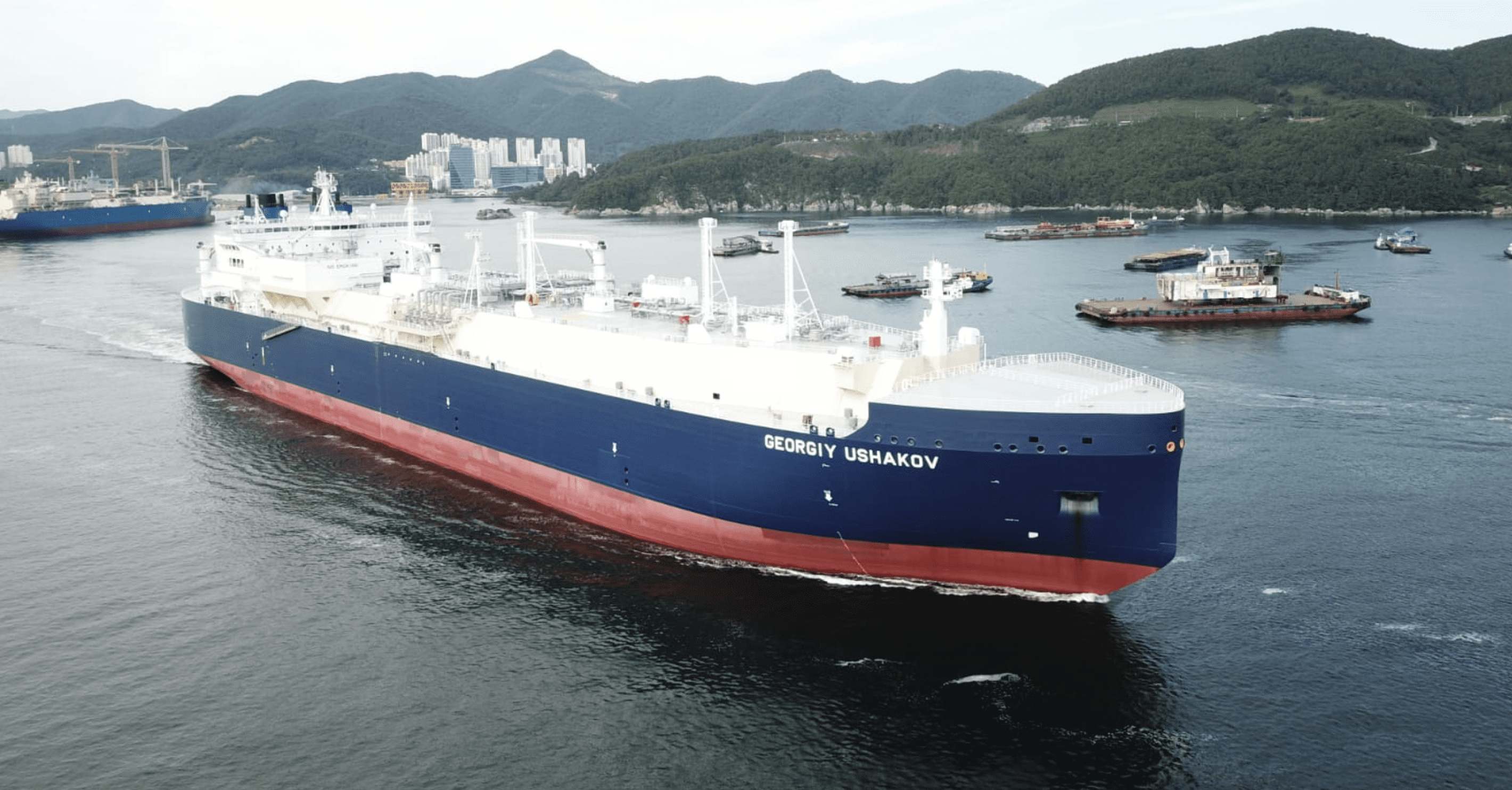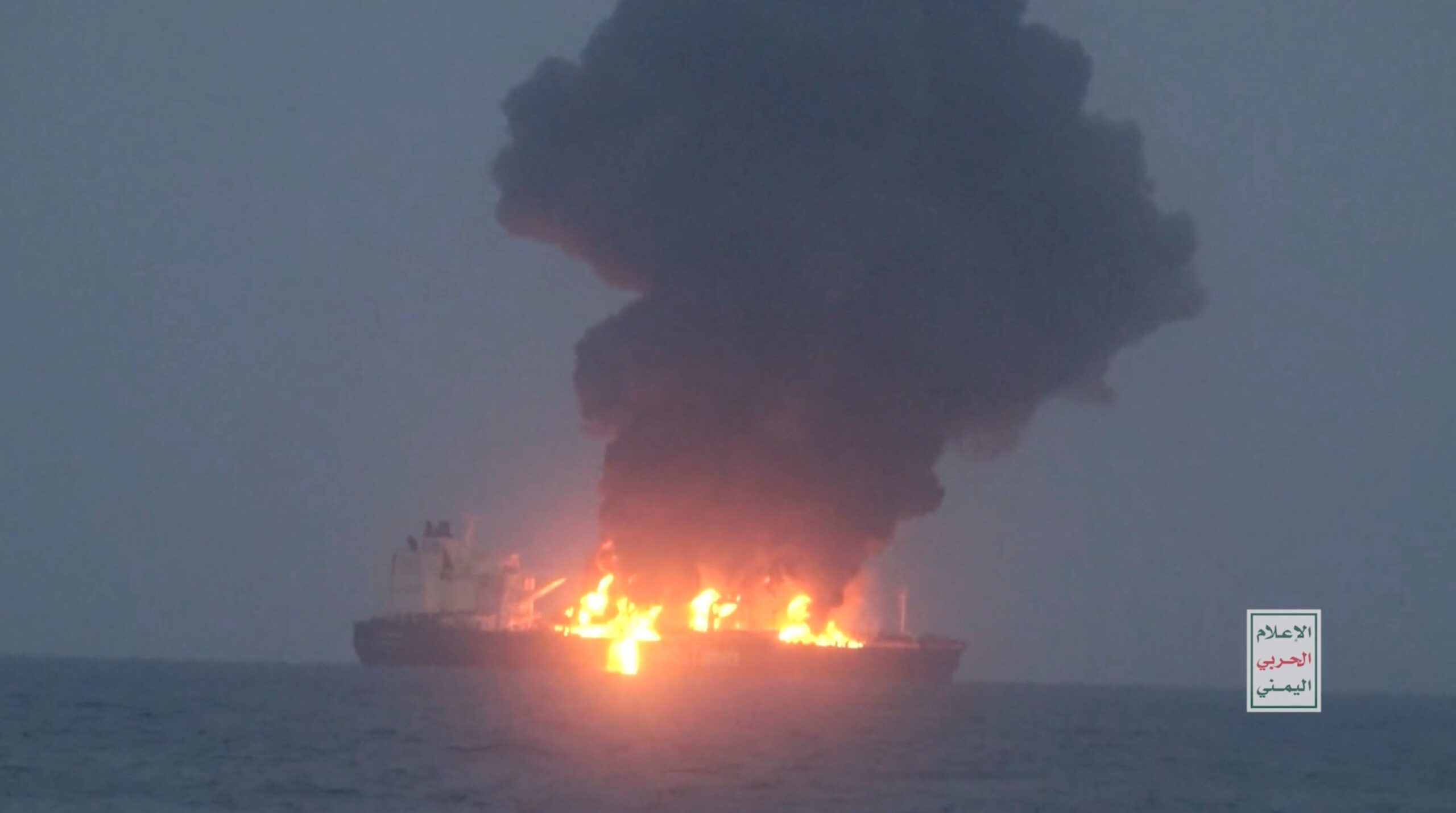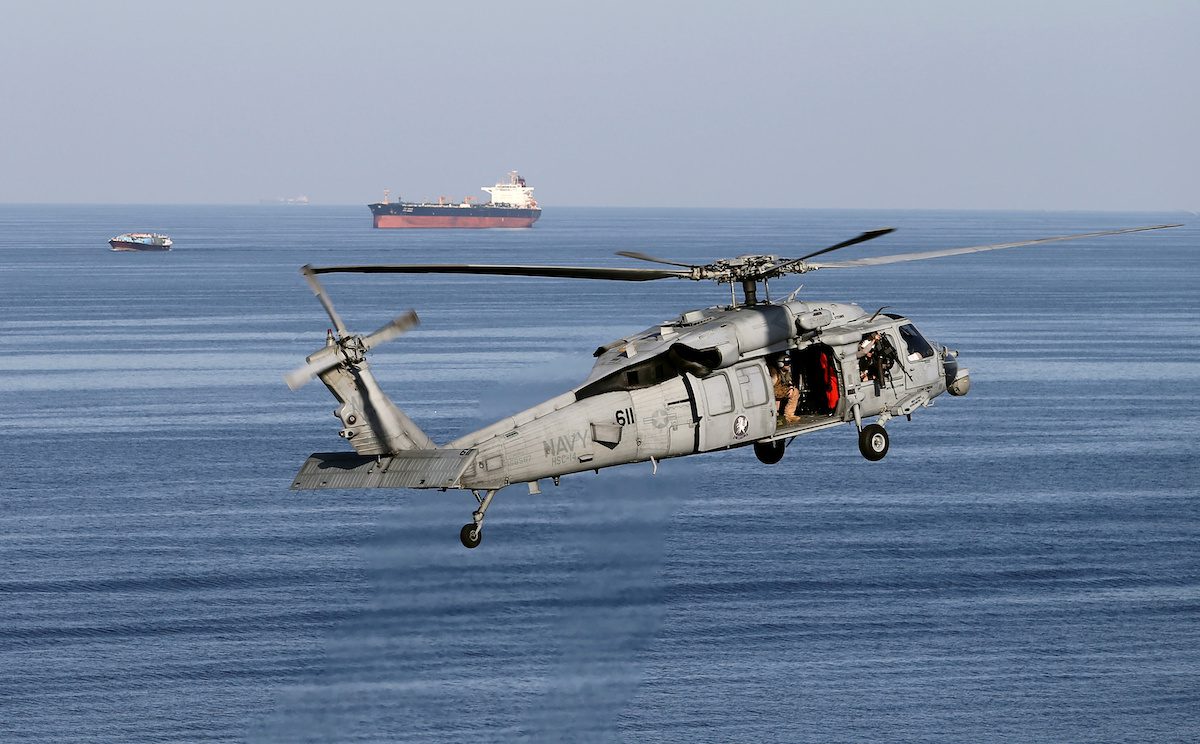The American Maritime Partnership (AMP), representing most of the U.S. domestic maritime industry including ship operators, mariners, shipyards, and pro-defense organizations, has sent a scathing letter to Department of Homeland Security Secretary Alejandro Mayorkas expressing the organization’s deep disappointment over his decision to issue a Jones Act waiver in Puerto Rico.
In the letter, president Ku’uhaku Park writes that not only is the waiver unnecessary and “unlawful”, but granting it sets “the worst possible precedent” that will lead to a rash of new waiver requests from foreign companies looking to exploit humanitarian crises “to enrich themselves.”
As we reported, Secretary Mayorkas issued a statement Wednesday announcing he has approved a “temporary and targeted” Jones Act waiver for Puerto Rico “to ensure that the people of Puerto Rico have sufficient diesel” as the island recovers from Hurricane Fiona, despite reports from both federal agencies and officials there are no diesel fuel shortages in Puerto Rico—only distribution issues.
While the specific terms of the waiver have not yet been released, the announcement comes amid public and political outcry that the Jones Act was preventing a foreign tanker from delivering diesel to the island. The issue is the tanker, the Marshall Islands-flagged GH Parks, loaded the diesel in Texas and, under the Jones Act, transporting merchandise between two U.S. points is a restricted trade reserved for U.S.-flag coastwise-qualified vessels.
AIS showed the tanker entered the island’s Guayanilla port late Thursday.
Waiver Statute
According to the AMP, not only was the waiver not needed since both American and foreign ships are continuing to supply the island, but the process by which the GH Parks waiver was requested (allegedly by BP) also raises alarms considering the request was made after the tanker had already left Texas for Puerto Rico. The AMP’s letter called it an “unprecedented step of applying.”
“The Jones Act waiver statute, 46 U.S.C. §501(b)(“Section 501”), requires a determination of the non-availability of American vessels before any waiver can be granted,” the AMP letter explains. “It is a core requirement of the statute. In this case, because the vessel in question was already four days underway when the waiver was applied for, such a determination was not possible. That should have ended the inquiry.”
Not only does AMP blame the DHS, it also calls out the U.S. Maritime Administration, the agency responsible for making the availability determination, for conducting an “unprecedented retroactive U.S. availability” survey after the fact, noting that the AMP was “well aware” that American operators responded to the survey that U.S. vessels were available.
“In this case, DHS simply ignored the U.S. vessel availability element of the Jones Act waiver statute,” the AMP letter states.
‘Disaster Arbitrage’
Perhaps the most damaging thing about granting the waiver is the precedent it sets, according to the AMP.
“Because DHS has now granted an unlawful waiver, it has signaled to oil traders, arbitragers, and others around the world that the American federal government will grant waivers that do not meet the conditions of Section 501. As a result, DHS can expect a rash of new waiver requests. In that sense, this waiver sets the worst possible precedent, extending far beyond the factual circumstances in this specific case.”
The letter continues:
“In this case, DHS has rewarded a foreign operator who has been widely criticized, both in Washington, D.C. and in Puerto Rico, for its behavior. This foreign operator took the nearly unprecedented step of applying for the waiver after the vessel was underway, negating the possibility of a legitimate U.S. vessel availability survey. No previous waiver under those circumstances has ever been granted and, until this week, no retroactive vessel availability survey has ever been conducted. Now, DHS has effectively sanctioned this foreign vessel operator’s behavior. DHS has permitted the waiver recipient to engage in “disaster arbitrage,” the practice of exploiting humanitarian crises to enrich themselves. Oil traders everywhere, including at BP, are likely rejoicing over DHS’s decision. DHS’s actions have established a terrible precedent for similar future activities.”
The AMP goes on to argue that the government’s “most important contribution” is to provide legal certainty and consistency on these matters, which it says was undermined by the DHS’ decision to grant the waiver. The AMP also said the granting of it is “inconsistent” with President Biden’s executive order on “Ensuring the Future is Mad in All of America by All of America’s Workers.”
“We are disappointed that DHS would ignore the requirements of Section 501, side with foreign operators over Americans operators and mariners in an unprecedented way, and sanction the worst possible commercial behavior. We urge you to never approve a waiver like this again,” the letter concludes.
You can read the full letter here.
Sign up for our newsletter

 Join The Club
Join The Club











